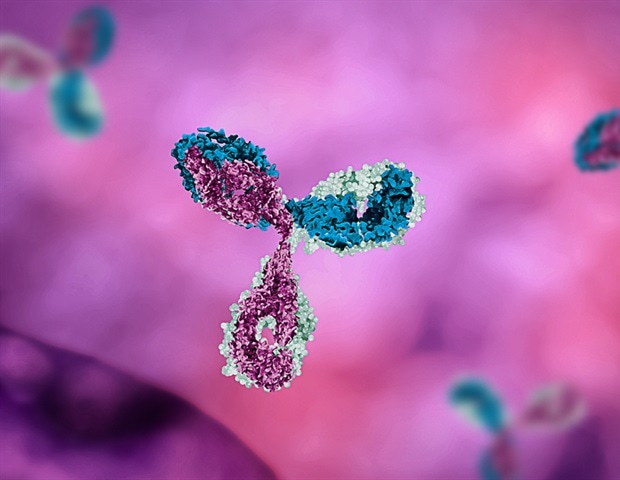AL (immunoglobulin light chain) amyloidosis is a rare disease that often results in progressive organ dysfunction, organ failure and eventual death. Clonal plasma cells in the bone marrow secrete free light chains into circulation. These light chains are part of immunoglobulins, also called antibodies.
But in this disease, light chains misfold and aggregate into amyloid fibrils that deposit in organs and tissues. In a review article of AL amyloidosis "Systemic Light Chain Amyloidosis," Vaishali Sanchorawala, MD, director of the Amyloidosis Center at the Chobanian & Avedisian School of Medicine and Boston Medical Center, focused on recent advances in the understanding of pathogenesis, clinical syndromes, risk stratification and therapeutic advances, and looking at future efforts and needs in treatment and research. The care of patients with systemic immunoglobulin light chain (AL) amyloidosis has undergone transformative changes, leading to marked, steady progress in outcomes for patients over the past four decades.

Overall survival has improved considerably, yet many unmet needs persist." Vaishali Sanchorawala, Director of the Amyloidosis Center, Chobanian & Avedisian School of Medicine "One of the most important determinants of survival is the severity of cardiac involvement," said Sanchorawala . The heart is affected in 70 to 80% of patients with AL amyloidosis and cardiac problems are the leading cause of death, but other major organs like kidneys, liver, and peripheral an.























